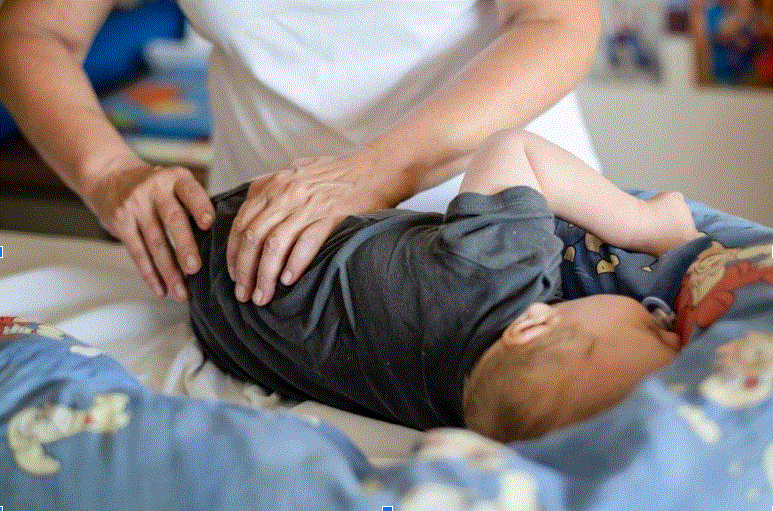If you’ve noticed your baby seems stiff or floppy when you hold them, they aren’t able to hold their head up, or they are missing other developmental milestones, you may be concerned about cerebral palsy. You also may be wondering if there was anything you could have done to prevent your baby’s issues.

The truth is, in many cases of babies who get cerebral palsy (CP), the cause is unknown. There are also known causes of CP, some of which were preventable and some unavoidable. According to Kentucky Cerebral Palsy Lawyer, some of the causes of CP include:
- Genetics
- Issues during pregnancy
- Complications during labor and delivery
- Problems immediately after birth
- Medical malpractice
The first four causes are situational and unpreventable. However, medical malpractice can be combated by taking legal action. Firms such as Dennis Hernandez, specialize in this area. The firm will determine if there is reasonable cause to take legal action against your doctor.
Any time a baby’s delicate brain is damaged, the result can be cerebral palsy. Keep reading to learn more about how often babies are diagnosed with CP and how the brain injuries that cause it happens.
U.S. Cerebral Palsy Statistics
Cerebral palsy is the most common cause of disability in children. According to the State of Texas’s official adoption and foster care website, approximately 8,000 babies are diagnosed with cerebral palsy in the United States each year. That’s around three out of every 1,000 live births.
Often, these cases are not diagnosed during infancy. In babies with severe impairments from cerebral palsy, it may be obvious right away that something is not right. When this happens, doctors will evaluate the infant’s condition either while you are still in the hospital or in early infancy.
However, in more mild cases of impairment, the condition may not be diagnosed until the child is older. Some cases may be caught during the toddler years, while other children won’t receive a diagnosis until they are eight years old. Boys are slightly more likely to develop CP than girl children.

How Infant Brain Damage Happens
Understanding the causes of brain damage in babies can help you understand what caused your baby’s condition if they are in fact diagnosed with CP. The following are three reasons babies may have brain damage.
Infections
Infections in the mother during pregnancy can damage a developing fetus’s brain. Cytomegalovirus, toxoplasmosis, chickenpox, and other infections can be dangerous to your baby, so it’s important to stay current on your vaccinations and take any necessary precautions.
Certain infections in a newborn can also cause permanent brain damage. These include Group B strep, E. coli., and herpes simplex virus.
Malformations
If your newborn is gagging or smacking their lips, it could be a sign of a brain malformation. Some other signs of a malformation include a low APGAR score, failure to thrive, and seizures. A baby’s brain may:
- Fail to completely develop
- Develop abnormally
- Fail to grow normally
- Fail to divide normally
When a baby’s brain doesn’t divide into two hemispheres, the condition is known as cerebral dysgenesis. This can happen at any point during your pregnancy, though it is most likely to happen before you hit the 20-week mark.
Injuries
Brain injuries that happen during or shortly after birth can also damage a newborn’s brain, leading to cerebral palsy. It’s normal for babies to experience some trauma as they are being squeezed through the birth canal. However, for a small percentage of newborns, the trauma will go beyond the norm, depriving them of oxygen.
Having a compressed cord or being stuck in the birth canal can cut off a baby’s oxygen supply. When this happens, the result can be brain damage. Brain injuries can also happen because a doctor failed to properly diagnose a condition that could lead to this occurring, such as the baby’s head being too large for the mother’s pelvis or mismanaged labor.
If you have any concerns about your baby’s development, it’s best to consult with a pediatrician. If your baby has already received a CP diagnosis, your doctor will refer you to specialists who may be able to greatly improve their quality of life.
Additional resources for special needs families:
-
- Cerebral Palsy Family Network – resources for families with special needs
- Financial Assistance and Support Services for People with Disabilities
- Bring out the best in special needs students
- Healthy meals for kids